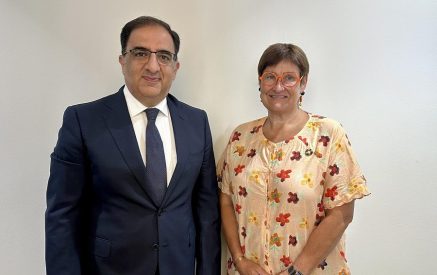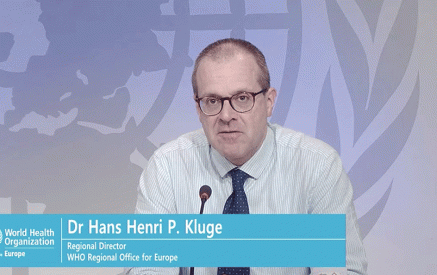Sexual and reproductive healthcare have been among the first services to be negatively impacted during the COVID-19 crisis. Women have often been left without access to essential medical services such as contraception, testing for HIV and sexually transmitted infections, and reproductive cancer screenings. And some Council of Europe member States have “used the emergency situation to try to curtail women’s rights”.
The Equality Committee today adopted an addendum to the report by Petra Bayr (Austria, SOC) on access to contraception in Europe, which had already been adopted by the committee last December. The addendum emphasises that policies in response to the pandemic should consider the gendered aspects of the crisis. “Sexual and reproductive health and rights should be prioritised, and adequate resources should be allocated,” the text underlines.
The addendum calls on European governments to consider access to contraception, including emergency contraception, and maternal healthcare before, during and after childbirth, as “essential healthcare services to be maintained during the crisis”, and to take “all necessary accompanying measures to guarantee the provision of and access to such services”.
Governments should “guarantee access without discrimination to sexual and reproductive healthcare services and facilitate them, including by authorising telephone and online consultations and access to contraception without prescription, particularly in case of the restriction of people’s movement in connection with the COVID-19 pandemic; and to maintain such measures, in so far as possible, until after the end of the health crisis.”
Read also
PACE





























































